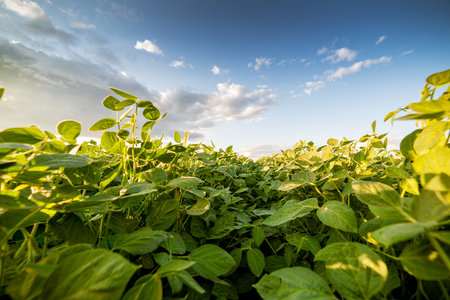The Coalition on Offset Solutions wants to represent agriculture in carbon projects
By Jennifer Jackson
Some 75 agriculture organizations recently joined together to strengthen and promote agriculture’s role in carbon offsetting. These groups created the new Coalition on Offset Solutions, according to a Mar. 27 release.
The coalition was created to give the agricultural industry and biological sector a voice in climate change objectives and funding, according to Karen Haugen-Kozyra, president of Viresco Solutions, an environmental consulting firm and member of the coalition. The bio-based sector, including agriculture, is not part of the discussion surrounding clean technology, innovation and funding around carbon pricing – and this is something the coalition wants to change, she says.
“Many of the representatives (that make these carbon offsetting decisions) are from the energy, wind (and) solar sectors,” says Haugen-Kozyra. “The representatives on these groups don’t understand agriculture and the significant (role) that the bio-based sectors can play in helping Canada achieve its climate change objectives, economic diversification and growth agendas.”

The coalition advocates for investments and funding to create technology systems and platforms, along with green infrastructure, in the bio-sectors.
“Expanding carbon reduction innovation through dedicated funding envelopes gives producers an edge in international markets requiring and promoting low-carbon agricultural products,” according to the Viresco Solutions release. “It also helps to put Canada's economy on a low carbon pathway.”
There is a large opportunity for the bio-industry to influence the country’s environmental and economic goals, according to Haugen-Kozyra.
“The Canadian agriculture industry is recognized as being amongst the most sustainable in the world because of our farmers’ voluntary stewardship,” she said in the release. “The coalition reflects this mentality and is an innovative initiative creating local jobs and promoting economic growth and diversification in rural economies.”
The coalition includes crop and livestock organizations, municipalities, First Nations groups, carbon project development experts, oil and gas representatives, ag retailers and manufacturers, and Fertilizer Canada.